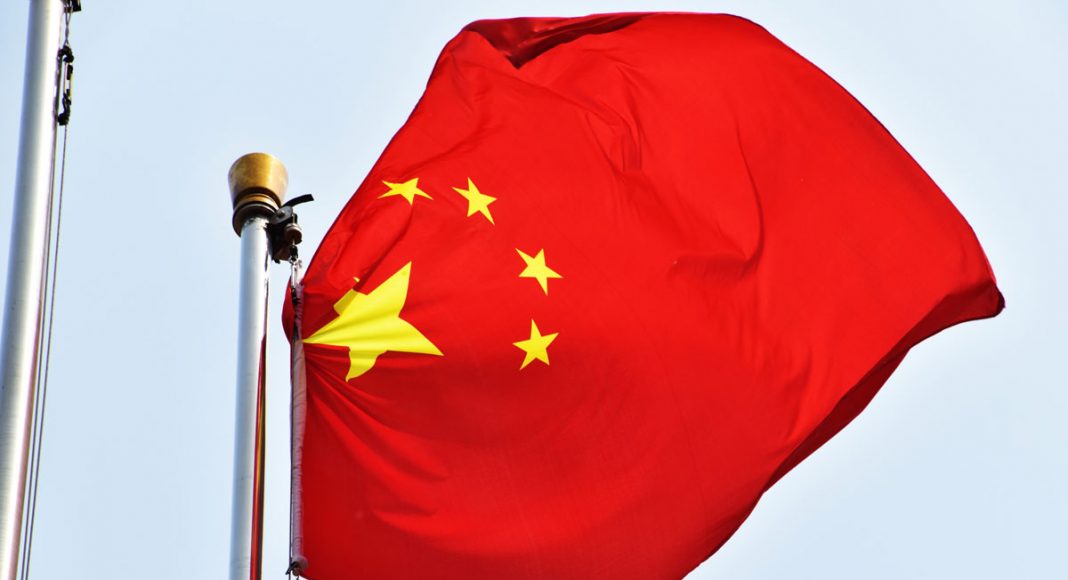While many onlookers will be curious watching Canada establish itself as a preeminent player in the cannabis industry, one country that’s just as large and already a global cannabis leader is China. For anyone familiar with international drug laws this might be confusing. Why? Because cannabis is illegal in China.
RELATED: Science Explains How Marijuana Inspires Awe
A large reason for China’s global cannabis dominance is industrial hemp cultivation, as the South China Morning Post laid out.
Thanks to government support and a long tradition, China has quietly become a superpower in the plant’s production and research.
Since the 2000s, the government has been interested in hemp for military and herbal remedies usage.
At the same time, China owns more than half of the 600 global patents on cannabis, according to the World Intellectual Property Organisation. In addition, China produces around half of the “world’s legal commercial cropland” for hemp cannabis cultivation, according the National Bureau of Statistics. While you could easily tune this information out as neat trivia, industry leaders in the West don’t look at it this way.
“Because cannabis in Western medicine is becoming accepted, the predominance of Chinese patents suggests that pharmaceutical sciences are evolving quickly in China, outpacing Western capabilities,” said Dr. Luc Duchesne, an Ottawa-based businessman and biochemist.
“[Chinese traditional medicine] is poised to take advantage of a growing trend. The writing is on the wall: westernised Chinese traditional medicine is coming to a dispensary near you.”
RELATED: The Most Popular Marijuana Flavors
Earlier this year, Canada solidified itself as the largest medical cannabis producer in the world. Countries like Austria and Germany receive medical cannabis from Canada. In fact, Canada produces so much cannabis that China has complained that Canadian product has found its way onto the black market in China.
All this sets up a potential trade war between Canada and China down the road as international cannabis exporters. For now, both countries seem content with their corner of the market, though.


